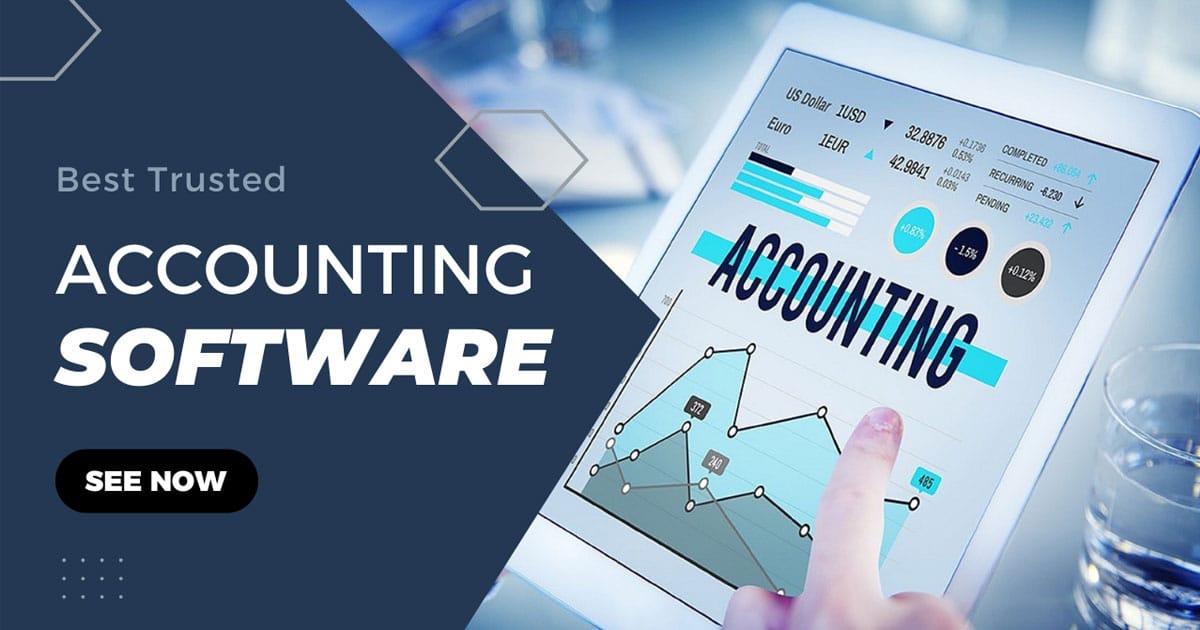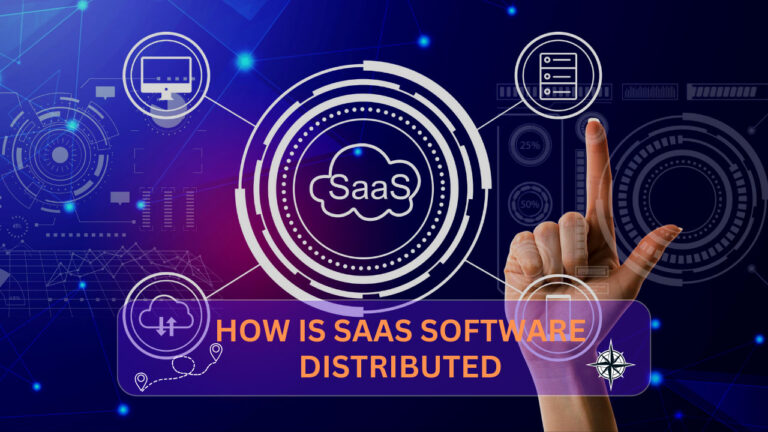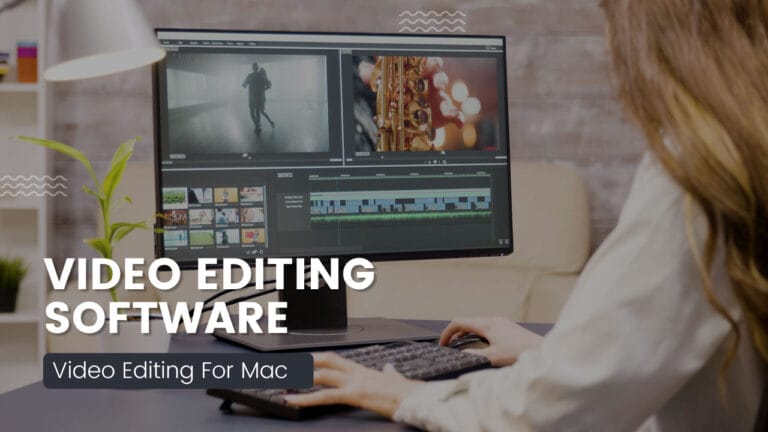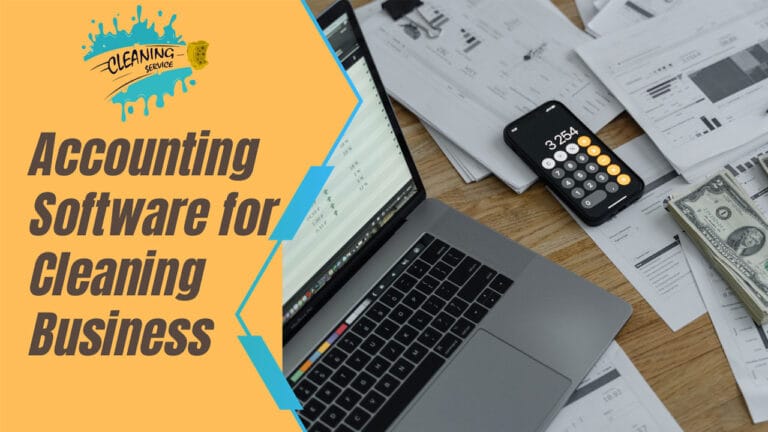Best Accounting Software Showdown: Top Picks for Your Business
Accounting software is a tool for tracking financial transactions and managing business finances. It simplifies complex accounting processes.
Accounting software, essential for companies of all sizes, allows for efficient handling of financial data, enabling business owners to make informed decisions. By automating tasks like invoicing, payroll, and reporting, it reduces the likelihood of human error, saving time and increasing accuracy.
It also aids in compliance with financial regulations by maintaining accurate records required by tax authorities. Integration features mean it often connects with other business systems, centralizing data management. With real-time financial insights provided by these tools, businesses can track their financial health, forecast budgets, and plan strategies with confidence. Cloud-based options offer the added benefits of accessibility, scalability, and collaboration among team members, regardless of location.
The Quest For The Best Accounting Software
Embarking on the quest for top-notch accounting software can be daunting. Businesses big and small seek tools that simplify finances. The goal is simple: find a robust, user-friendly platform that makes accounting a breeze. Several key factors play a role in the selection of exceptional accounting software: Before choosing software, reflect on your business’s unique requirements: Picking the right software is grounded in understanding these needs. A tailored choice ensures efficiency and accuracy in your financial management.Criteria To Consider
Evaluating Your Business Needs
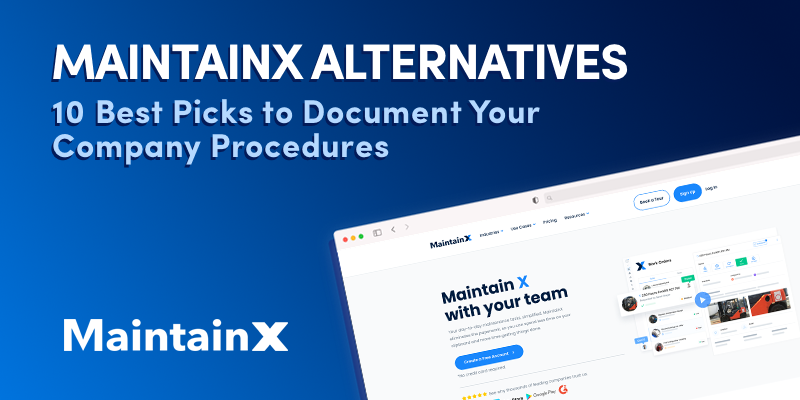
Credit: www.sweetprocess.com
Small Business Champions
Small Business Champions shine with the right tools in hand. Today’s accounting software is not just about tracking finances. It is about empowering entrepreneurs. Account matters get simplified. Time frees up. Minds stress less. Meet the tools that stand as pillars for small business heroes, matching their budget and surpassing their expectations.
Affordability Meets Functionality
Every penny counts in a small business. Affordable accounting software can change the game. The golden rule? Never compromise on quality. The best tools pack robust features into a budget-friendly package.
- Manage invoicing, expenses, and payroll with ease.
- Access financial reports for smarter decisions.
- Enjoy updates and no hidden costs.
Ease Of Use And Customer Support
Straightforward design makes life simpler. Accounting software should reflect this. Clicks should lead to action, not confusion. Need help? Quality customer support is crucial. Real people should answer calls. Problems get solved fast. Your business keeps moving.
| Feature | Benefit |
|---|---|
| Intuitive Interface | Short learning curve, saves time |
| 24/7 Support | Help is always available |
Guides, tutorials, and community forums enhance the experience. They offer learning and troubleshooting for users. Small business champions deserve tools that respect their time and effort. The right accounting software does just that.
Mid-market Contenders
Companies of all sizes need powerful tools to handle their finances. Mid-market contenders in the accounting software industry offer robust solutions. These options strike a balance between extensive features and user-friendly interfaces. They serve businesses that have outgrown entry-level software but aren’t quite ready for enterprise systems. Let’s explore how these software solutions meet complex needs without compromising on ease of use.
Balancing Complexity With Usability
A good mid-market accounting software manages to be both powerful and straightforward. Users find what they need without getting lost in menus. The interface is clean and intuitive. Common tasks, like invoice creation or expense tracking, are streamlined. Firms get high-level functions without a steep learning curve. This ensures productivity remains high.
Integration With Other Business Systems
Effective software plays well with others. Mid-market solutions often integrate with CRM, ERP, and e-commerce systems. This centralizes data and knocks down silos between departments. Your team sees a cohesive picture of business operations. Real-time data flows across systems, providing insights that guide decision-making. The right software acts as a hub for your digital tools, enhancing overall efficiency.
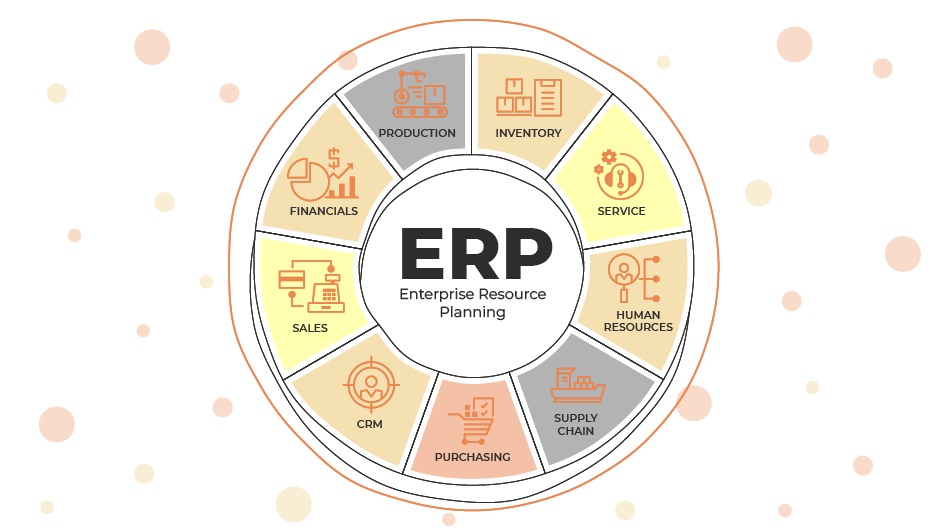
Credit: www.ecommercefuel.com
Enterprise Solutions
Big companies need powerful tools. Enterprise accounting software stands tall. It manages tons of data. Money moves fast in big businesses. This software keeps track. It’s like having a superhero for your finances!
Advanced Features For Larger Companies
Larger companies face complex challenges. Advanced features are a game changer. This software is a powerhouse that can handle:
- Multi-entity management: Control many businesses in one system.
- Global operations: Deal with different currencies and languages.
- Compliance: Stay on top of laws. Avoid heavy fines.
Customization And Scalability
Every big company is unique. Enterprise accounting software knows this. It can change to fit your needs perfectly. Let’s break it down:
| Customization | Scalability |
|---|---|
| Change the software to suit your business. | Grow your software as your business grows. |
| Add features that you need. | Never lose pace with your company’s growth. |
Popular Features Compared
When choosing accounting software for your business, it’s critical to compare key features. Here, we look at popular features that can make or break your decision. Better decision-making awaits with the right tools at hand. Let’s dive into these features and how different software stack up against each other.
Invoicing And Expense Tracking
Invoicing and expense tracking streamline financial operations. Look for:
- Custom invoice creation: Easy-to-use templates that reflect your brand.
- Automated billing: Schedule and send invoices automatically.
- Expense categorization: Organize expenses effortlessly.
- Receipt capture: Upload receipts through mobile devices.
Software A may offer bulk invoicing, while Software B has advanced expense filtering.
Tax Preparation And Compliance
Tax season doesn’t have to be stressful. Key features include:
- Tax calculation: Automate tax computations to save time.
- Compliance checks: Ensure you meet the latest regulations.
- Data export: Move numbers to tax software with ease.
Software C might integrate with more tax services, whereas Software D might have more up-to-date compliance tools.
Reporting And Analytics
Accurate reporting fuels informed decisions. Desirable features consist of:
- Real-time dashboards: View financial health at a glance.
- Custom reports: Generate reports based on your needs.
- Profit and loss statements: Understand revenue and outflows quickly.
While Software E excels in customizable dashboards, Software F may offer deeper analytics with predictive models.
User Reviews And Industry Feedback
Choosing the right accounting software is a big decision for any business. User reviews and industry feedback are crucial. They tell us how software performs in real-life situations. They also reveal if businesses trust the tool they use. Let’s explore what users and industry experts say about popular accounting software.
Real-world Performance
A real test for any accounting software is how it works daily. Users prefer software that handles heavy loads. They want it free from glitches. Reviews often discuss software speed and reliability. This feedback tells us:
- How fast the software processes transactions
- Does it crash during peak hours?
- Can it integrate smoothly with other tools?
Charts and graphs from actual user data can help. These visuals show software performance over time.
Customer Satisfaction And Trust
Happy customers often mean good software. Users who trust their accounting tool give high ratings. They write about customer support, ease of use, and value for money. Here’s what they check:
| Feature | User Rating |
|---|---|
| Support | 4.5/5 |
| Usability | 4.7/5 |
| Price | 4.0/5 |
Feedback on trust focuses on data security and compliance features. Users share stories of how the software protected their data. They value regular updates that keep the software secure.
Making The Final Decision
The choice of accounting software is a pivotal decision for any business. With numerous options available, it’s crucial to consider all factors before making the final call. This section will guide you through key considerations such as trialing software, analyzing costs and benefits, and future-proofing your investment to ensure your decision stands the test of time.
Trial Periods And Demos
Exploring trial periods can offer a hands-on experience with the software. Most providers give you a chance to see if the platform suits your business needs.
- Compare features side by side.
- Assess the user interface for ease of use.
- Test customer support services for reliability.
Demos are usually free and informative. They highlight the software’s functionality and help visualize your day-to-day operations with the tool.
Cost-benefit Analysis
Conducting a thorough cost-benefit analysis reveals the true value of the software against its expense.
| Costs | Benefits |
|---|---|
| Licensing fees | Efficiency gains |
| Implementation costs | Accuracy improvements |
| Training expenses | Time savings |
Remember to account for hidden costs like updates or additional modules which might be necessary down the line.
Future-proofing Your Investment
Pick a software that grows with your business. Scalability is key. You want a tool that continues to serve your needs as your business evolves.
- Look for a product with regular updates.
- Choose one that easily integrates with other systems.
- Ensure it is built on modern technology.
Software with a strong track record and ongoing support reflects long-term viability and is often a wise choice.
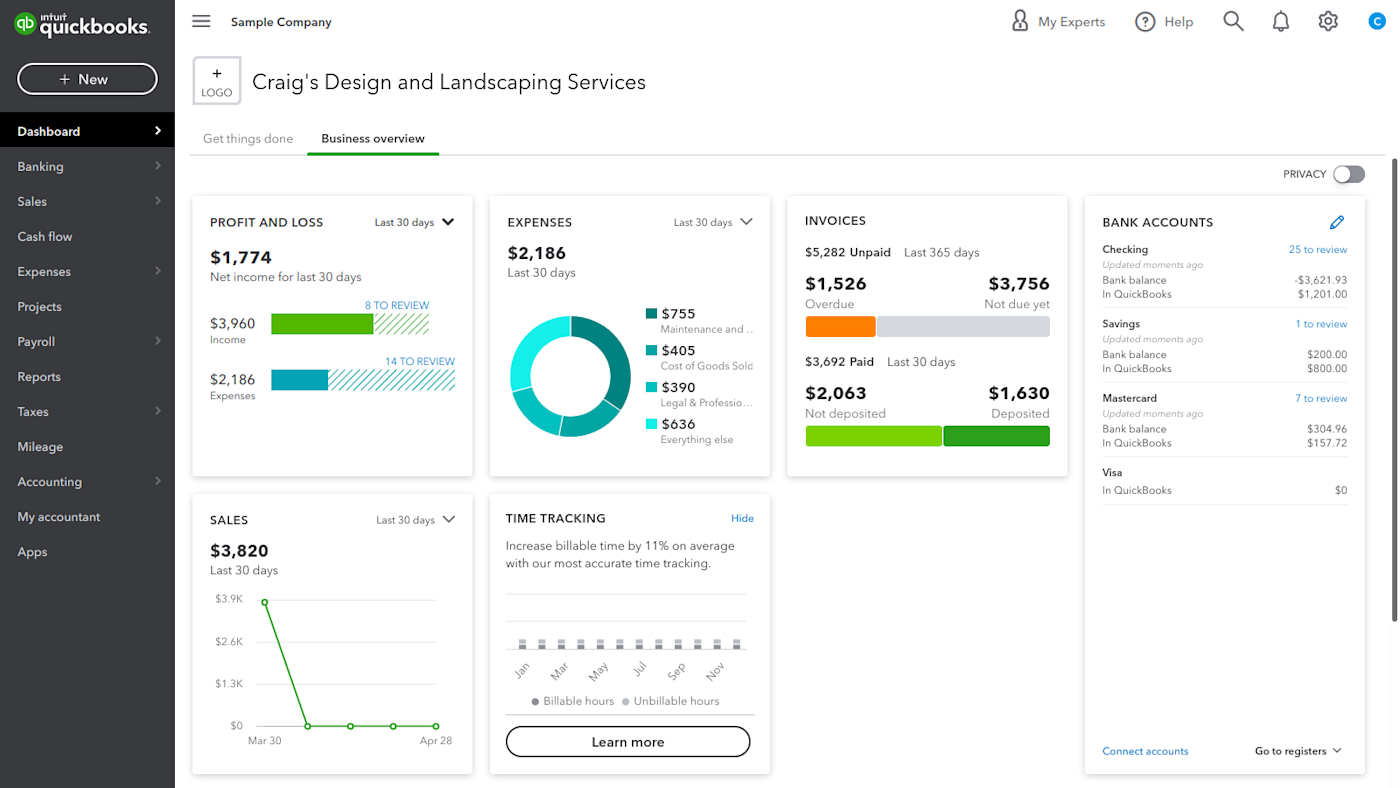
Credit: zapier.com
Frequently Asked Questions On Accounting Software
What Is The Most Commonly Used Accounting Software?
Is Microsoft Excel An Accounting Software?
Microsoft Excel is not dedicated accounting software; it is a spreadsheet program that can perform basic accounting tasks.
What Is Better Than Quickbooks?
QuickBooks alternatives such as Xero, FreshBooks, and Sage offer similar accounting features with distinct advantages for various business needs.
Is Quickbooks Worth It For A Small Business?
QuickBooks is generally worth it for small businesses seeking organized financial management. Its user-friendly interface simplifies accounting tasks and supports scalable growth.
Conclusion
Navigating the realm of accounting software can transform your financial management. With tailored solutions for every business size, the right tool streamlines transactions and reporting. Embrace the digital efficiency and data accuracy that these platforms offer. Ready to elevate your accounting?
Start exploring the best software options now. Your ledger deserves it.

